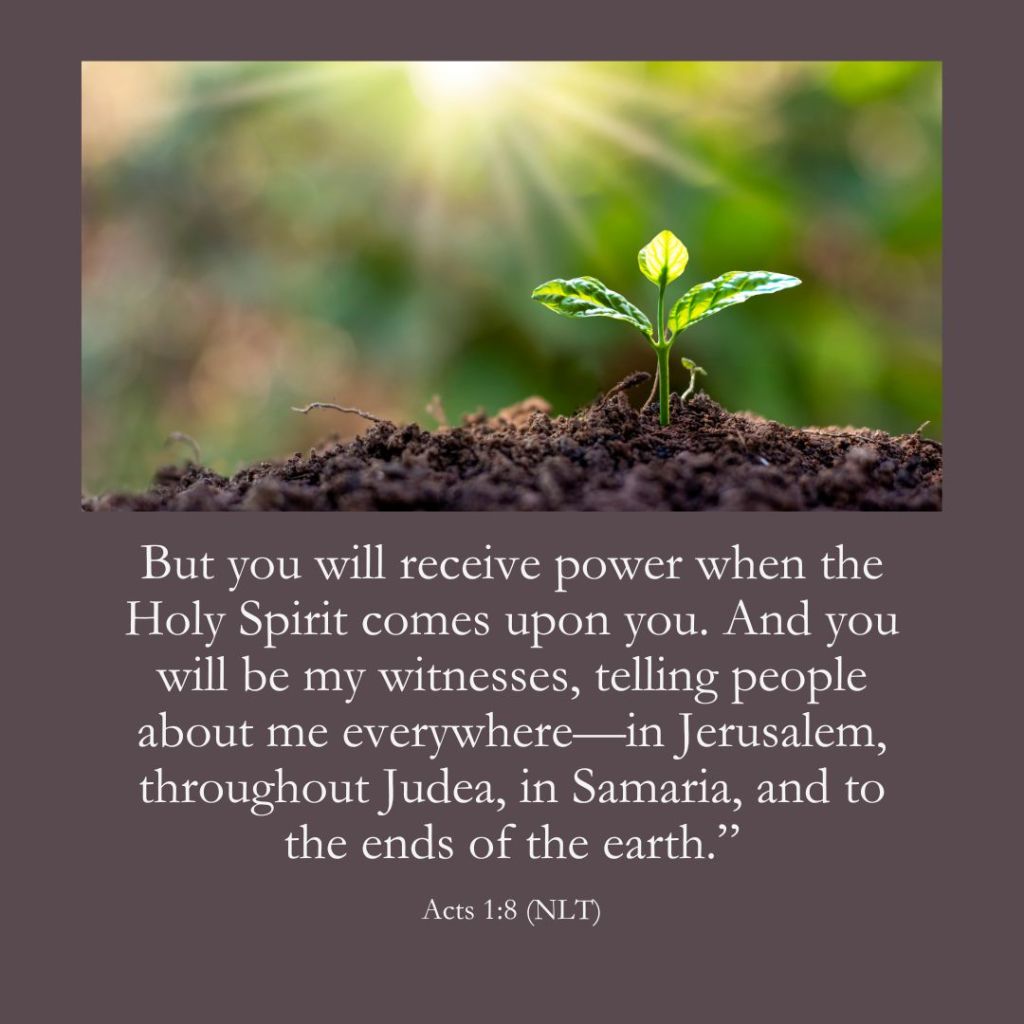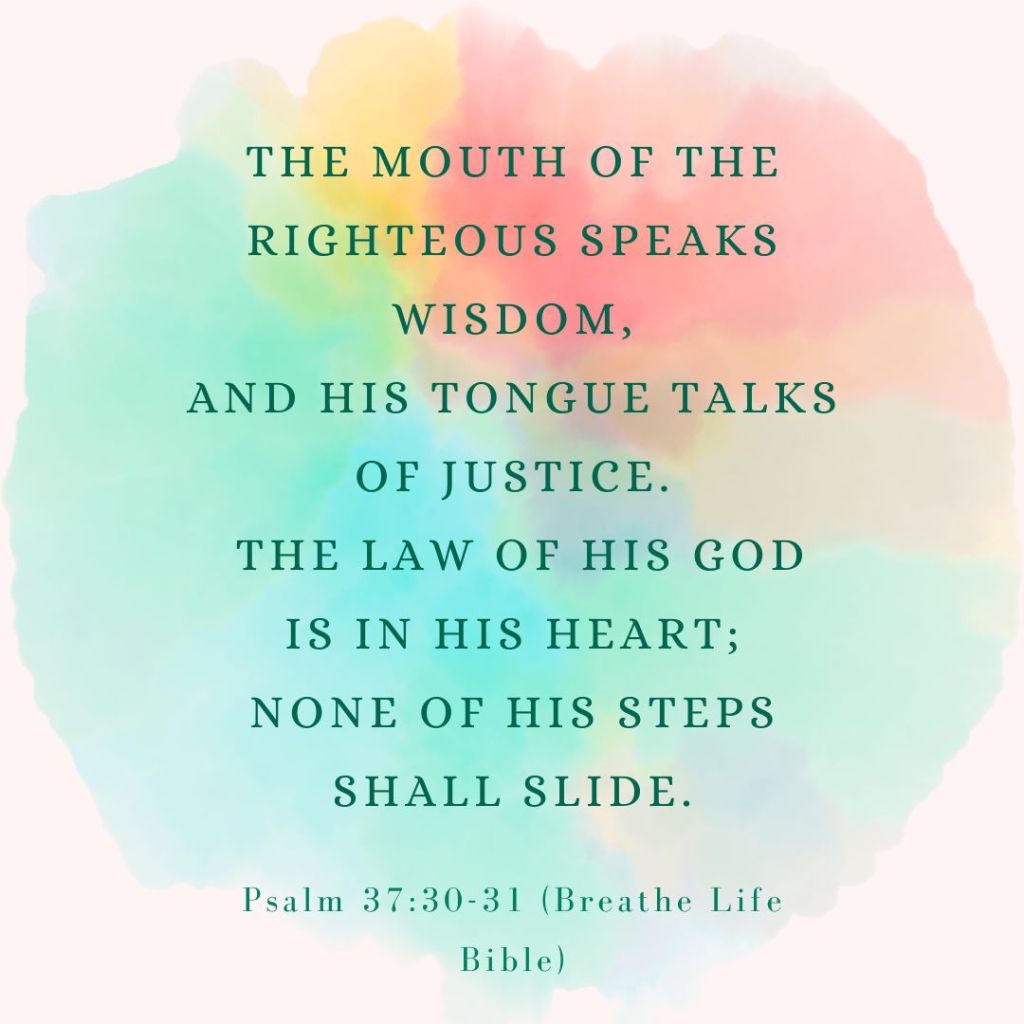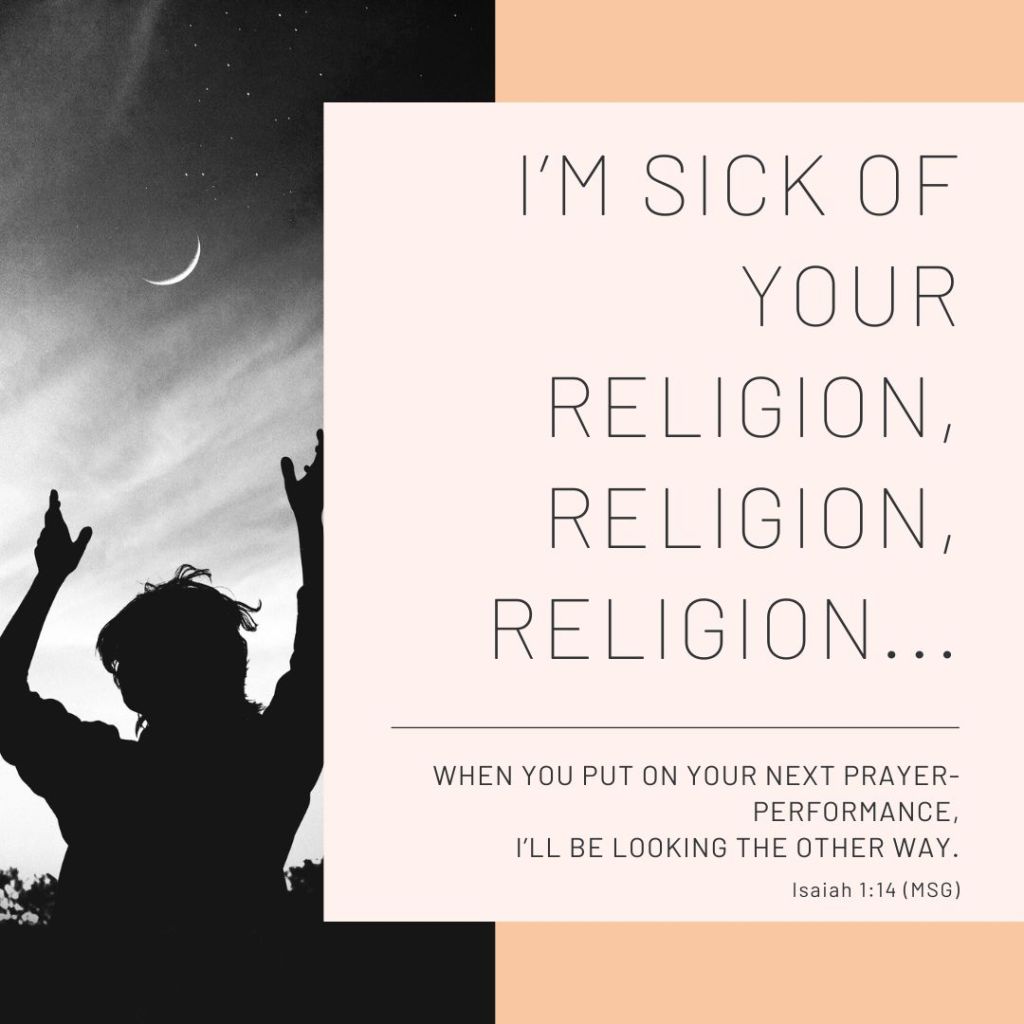So, for those of you who don’t know me well, I have a confession to make: I LOVE a good disaster or dystopian story. If meteors are barreling toward Earth, there’s been a nuclear meltdown, or society has been disrupted by an alien invasion–I’m totally in! For me, these stories are kind of like riding a roller coaster. They bring you to the brink of terror, then ease you safely back into the familiar. Beyond that, I find these stories to be an interesting study of humanity. As you watch or read, you’re confronted with real questions about who we are and why we behave the way we do.
That said, when a new dystopian-esque movie released last week, my boys and I didn’t hesitate before hopping in the car and driving the 30 miles or so to see it. The premise of the story is pretty simple–America devolves into another civil war and chaos and violence ensue. The story follows a group of journalists covering the horror show that is war, and explores the role journalists play in society. But for me, the overarching question that has continued to bump around my brain after seeing this film is: What does it mean to bear witness?
For journalists, bearing witness means to document and share what is happening in any given situation–both awful and awesome. Good journalists don’t make themselves a part of the story. They don’t enter into the fray. Rather, they record what they see so that they can share it with the public, allowing people to form their own conclusions and make informed decisions based on that information. I think the same is true for our Christian witness. We share the truth of who God is and what he has done in our lives, and allow others to, like Joshua, choose for themselves this day whom they will serve.
But what does that look like?
In the liturgical year, we are approaching Pentecost–the day when we remember the outpouring of the Holy Spirit on the disciples, allowing them to spread the news of Jesus’s death and resurrection to thousands of people at one time. This was the fulfillment of Jesus’s prophecy to them in Acts 1:8.

With wind and fire the Holy Spirit breaks down all barriers to faith–enabling the apostles to share what they saw and experienced while living and walking with Jesus. Moreover, they share this witness in every language represented by the people listening. In this way, more witnesses are made. Those who saw the power of God that day had to have returned home talking about this extraordinary event. But it didn’t stop there. This was no feel-good news segment that airs once and then is forgotten. No, this was a movement–a surge of the spirit that would not be contained.
The disciples continued to be witnesses to Jesus, meeting daily at the Temple, preaching and teaching, healing and restoring, feeding and supporting. They lived out their faith in a way that helped others come to know the extravagant love of God.
And then some of them hit the road–compelled to chance their safety and security in places foreign and sometimes hostile to share the story of what Jesus had done in their lives. They went to synagogues and public meeting places, entered the homes of both the poor and the powerful, worked alongside people making goods to sell, sat on the riverbanks where people were doing laundry. In short, they entered into people’s daily lives, building relationships and meeting the needs of others to demonstrate the nature of God.
Some were imprisoned. Others were beaten. Stephen was stoned. John was exiled. It wasn’t easy, but they were compelled. They had a story to tell. And they chose to tell it wherever they went to whoever might listen. As Christian witnesses, that is our call, too. God has given each of us a story to tell, and we are to tell it wherever we go and to whoever might listen. That might be the grocery store checkout line, a hospital waiting room, or even a fast-food restaurant. God has given me opportunities to be a witness in each of these places.
I feel like I would be remiss if I didn’t express my opinion that being a witness doesn’t mean badgering people, or making them feel ashamed and inferior. For me, being a witness is like being a journalist. It’s about observing what’s going on around you–looking for inroads to spread the message of God. Like the disciples, we need to go into our communities and work alongside people. We need to build relationships and offer support to those in need. We need to recognize what God has done in our lives so that we can bear witness to that with others.
I think the psalmist sums it up pretty eloquently in Psalm 66:

As witnesses, we attest to what we have seen and experienced God doing. In this way, we join the great multitude of saints who have gone before us, proclaiming the love and grace of Jesus Christ.
Blessings and Peace,
Sara












